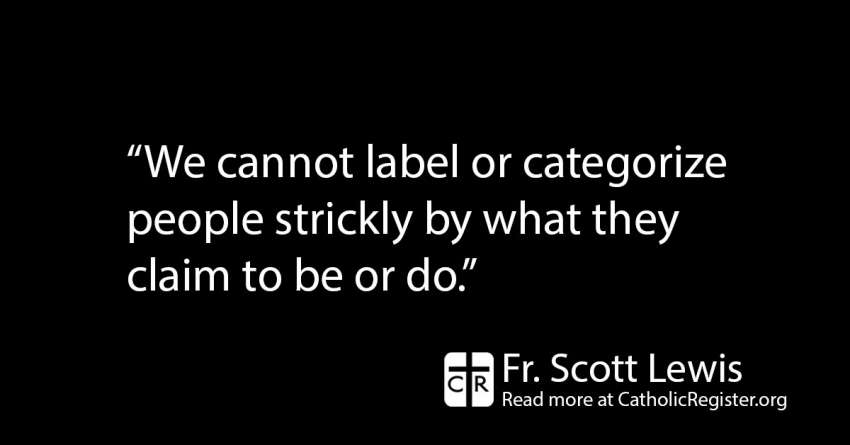Ezekiel dealt with this response in his own countrymen after the destruction of Jerusalem in 586 BC and during the Babylonian exile. On God’s behalf, Ezekiel laid the blame where it belonged: on their own doorstep.
When one chooses sin or evil, there are consequences. Though death might not be the outcome, as it states in the passage, confronting one’s actions is usually a painful experience. But Ezekiel had good news, too. If people come to their senses, repent of their sin and choose a new and more helpful path, then so much pain can be avoided. It is never too late.
Human nature is a strange thing — most people blame everything and everyone for their troubles, refusing to accept responsibility or shoulder the blame. It’s the fault of society, upbringing, environment, genetics, addictions or psychological weaknesses, other people, or even God.
Ezekiel insisted that we look in the mirror if we want to find the guilty party. If we don’t like what we see in the mirror, then change.
We might object at this point that sometimes innocent people suffer injustice. True enough, but if we look closely enough, we all contribute to the human environment in which we live. Our collective thoughts, desires, words, actions and values form a corporate spiritual and moral state larger than any one individual, and we all suffer.
We cannot change others, only ourselves, and by changing ourselves we may have a profound influence on the behaviour and attitude of others. This applies for individuals, institutions and even the Church itself.
In some of the most beautiful lines to flow from Paul’s pen, he gave us the key to accomplishing these transformations and changes. There is but one sin — self, and there is but one cure — emptying of self.
Paul insisted that this is the fundamental and vital expression of love, compassion, encouragement and experience of the Spirit. It is the model of Christian life since it mirrors the life of Christ.
Jesus was willing to give away everything — His divine status, power and authority — accepting limitations, burdens and humiliations that were far beneath His station. He did this out of love for humanity, and it was this radical generosity and love that exalted Him to the highest Heaven.
We can let go of our status, self-importance, comfort and even at times safety in many small ways each day. It may be no more dramatic than giving another hope and encouragement or easing their burdens in some way. When we take the first steps along this path, then to some degree we have put on the mind and heart of Christ.
Who does the will of God? Matthew gives us an uncomfortable answer: those who actually do what God asks. Words, promises, pious platitudes or conventional religiosity count for very little unless accompanied by action.
In the parable, the rebellious and truculent son initially refused to do what his father asked, but in the end he did it. The other son said all the right things, consenting a bit too eagerly to obey his father’s request, but he didn’t. Which one did the will of his father?
The answer, of course, was the first one. God has asked us to be just, merciful, compassionate and attuned to the needs of other people and our world. Many are, but too many of those who count themselves as faithful believers fall far short of these expectations, even ignoring them completely. Others, even those without explicit religious beliefs or motives, often do exactly what God has asked.
Who is doing the will of God? Jesus used this parable to explain why tax collectors and prostitutes — individuals despised, hated and thought to be cut off from God — were entering the kingdom of God ahead of “respectable” people.
They heard God’s call and responded eagerly. Despite their broken and dysfunctional lives, and their previous refusals, they were willing to do what God asked. We cannot label or categorize people strictly by what they claim to be or do.
Love shows itself in deeds, so it is better to look beyond words or appearances for the unmistakable signs of selfless love.


